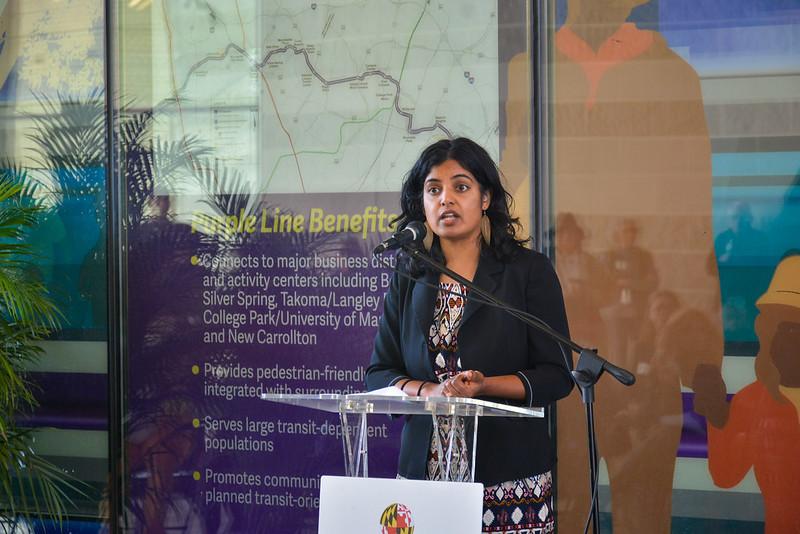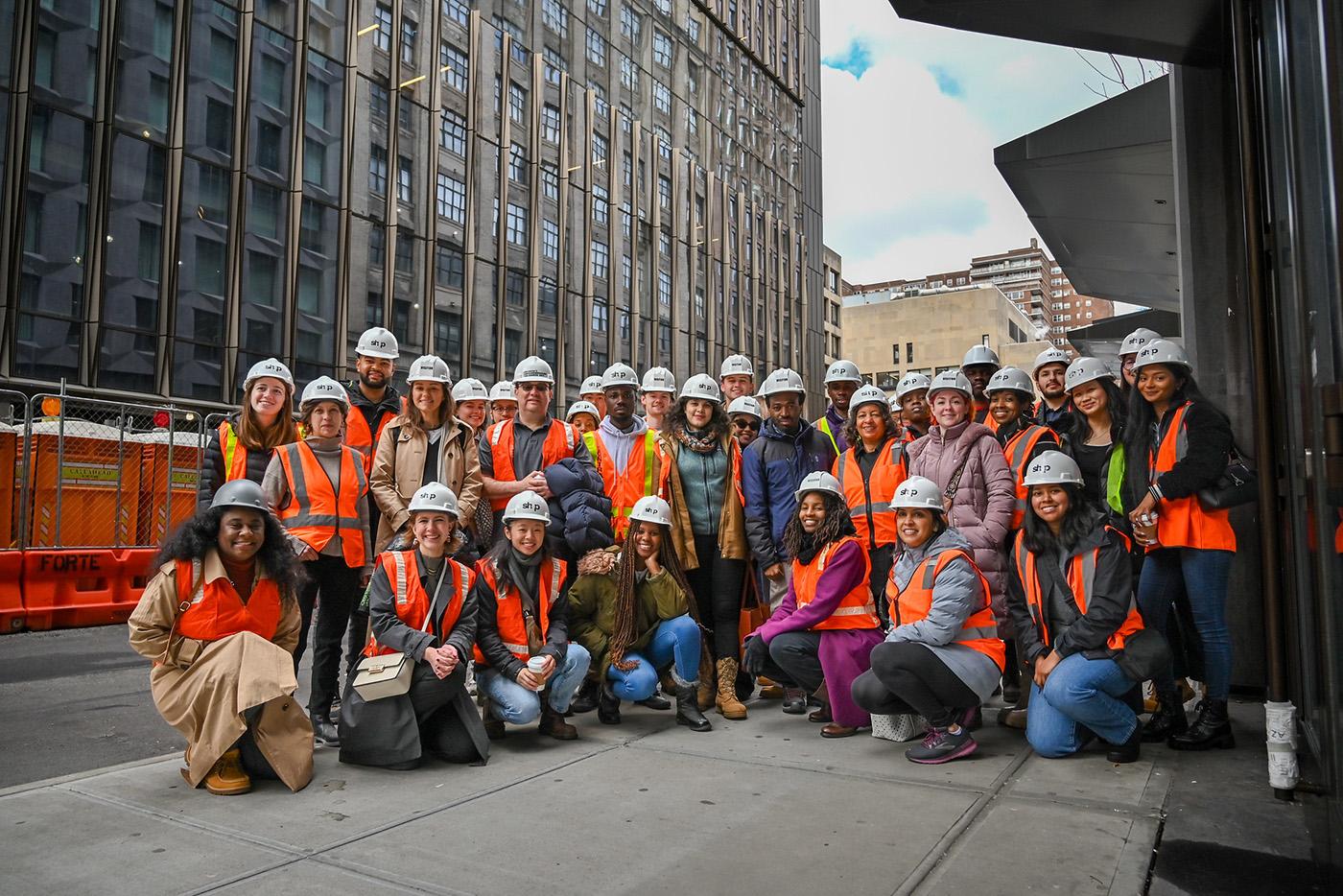Our research centers and institutes forward groundbreaking research within the built environment that advances dynamic, sustainable and just places.

National Center for Smart Growth
NCSG is a community-engaged research center composed of practitioners, scholars, researchers, facilitators, students and administrators, focused on preserving and building equitable and sustainable communities. NCSG's work revolves around research, teaching and curriculum development, collaborative practice and advocacy.
Partnership for Action Learning in Sustainability (PALS)
The Partnership for Action Learning in Sustainability (PALS) is a campus-wide program that leverages the expertise and ingenuity of University of Maryland students and faculty to tackle specific, sustainability-related issues facing Maryland’s diverse communities. PALS provides high quality, low-cost assistance to local governments while creating an active and valuable real-world learning experience for UMD students
The Purple Line Corridor Coalition (PLCC)
The Purple Line Corridor Coalition comprises local governments, nonprofits, developers, community groups, and businesses. Its mission is to facilitate equitable collaboration and integration, and to assure that investments along the Purple Line transit route achieve the most inclusive benefits to its neighborhoods, residents and businesses.
Small Business Anti-Displacement Network (SBAN)
The Small Business Anti-Displacement Network is a network of organizations across the United States and internationally that work to prevent displacement of BIPOC- and immigrant-owned small businesses in gentrifying neighborhoods. SBAN includes policymakers, nonprofit advocates, technical assistance providers, real estate developers, financial institutions, scholars, and small business owners, who share knowledge and collaborate to advance innovative policies and practices that keep small businesses in place.
Transportation Policy Research Group
The Transportation Policy Research Group (TPRG) is formed by a cooperative agreement between the Maryland Department of Transportation and the University of Maryland through its School of Architecture, Planning and Preservation and the A. James Clark School of Engineering. Housed at the National Center for Smart Growth, TPRG provides the State of Maryland and local governments with data and analyses that contribute to transportation performance measurement, policymaking, and infrastructure development across the region.

Colvin Institute of Real Estate Development
The Colvin Institute of Real Estate Development aims to provide opportunities for students, industry professionals and allied disciplines that promote the practice of real estate development aligned with the "Quadruple Bottom Line": financial viability, environmental respect, social responsibility and sustainable design. It enriches Maryland’s MRED program, covering finance, law, design, construction and asset management, while fostering understanding of the industry's role in vibrant community creation. Students engage in fieldwork and site visits around the Mid-Atlantic Region. The Institute supports guest lectures, symposiums and professional outreach through luncheons, awards and competitions. Founded by John and Karen Colvin in 2008, their $2.5 million endowment ensures the program's continued impact on future developers.
Environmental Finance Center
The Environmental Finance Center (EFC) at the University of Maryland advances finance solutions to environmental challenges. With over 30 years of experience, EFC empowers communities to achieve a healthy, equitable and sustainable future by strengthening decision-makers' capacity to assess needs, develop effective financing methods and catalyze action. Through direct technical assistance, policy analysis and research, the EFC equips communities with tools for sustainable environments, resilient societies, and robust economies. It engages stakeholders through outreach campaigns, facilitates focus groups, and crafts strategies for project financing. EFC offers education and training on green infrastructure, resilience, climate and stormwater finance, with resources like Sustainable Maryland leadership trainings and the MOST Center. Certified through UMD's Green Office Program, EFC promotes sustainable workplace practices. Its mission is to protect natural resources and watersheds by empowering local decision-makers to analyze problems and develop innovative financing for environmental efforts.
